![The/Nudge Incubator Announces Cohort 8 : Meet The 15 Early Stage Non-Profits Solving For Poverty Alleviation In India At Scale [Part 2] The/Nudge Incubator Announces Cohort 8 : Meet The 15 Early Stage Non-Profits Solving For Poverty Alleviation In India At Scale [Part 2]](https://thelogicalindian.com/h-upload/2022/01/28/211377-csi-incubator.jpg)
Image Credits: The/Nudge Foundation
The/Nudge Incubator Announces Cohort 8 : Meet The 15 Early Stage Non-Profits Solving For Poverty Alleviation In India At Scale [Part 2]
India, 31 Jan 2022 5:34 AM GMT | Updated 5 Feb 2022 5:49 AM GMT
The/Nudge Incubator launched its cohort 8 enabling 15 non-profits in their mission to alleviate poverty.
India's poverty has been around too long. Millions of Indians survive on $2 (INR 147) or less per day. Even before the pandemic, India was estimated to have 364 million (36.4 crore) people in poverty, which is about 28 percent of the population (UN,2019). The COVID-19 recession further increased these numbers; as the pandemic and continued lockdowns wreaked havoc on the economy and livelihoods, many were left jobless and in need of aid.
Since 2017, The/Nudge Centre for Social Innovation, through its product The/Nudge Incubator, has supported 75 talented and committed non-profits to solve some of India's most pressing challenges faced by poverty-stricken sections. It is supported by the Atal Innovation Mission (AIM) - Government of India's flagship initiative to promote a culture of innovation and entrepreneurship in the country. Recently, The/Nudge Incubator, in partnership with CGI India, Meta, Mphasis, Sabre, and Omidyar Network India, launched its cohort 8 enabling 15 non-profits in their mission to alleviate poverty. The cohort 8 selected from over 585 applications (<3% selectivity), constitutes 60% female founders and works across 9 Indian states on social issues related to education, women livelihood, health, gender, and vulnerable children.
Under the 9-month programme, the 15 non-profits get a grant of up to Rs.15 lakh for every organization, access to mentors from government and the corporate sector who have built solutions at scale, and engagement with a high-performing peer network. Through its programme, The/Nudge Incubator offers a platform for sustainable poverty alleviation through entrepreneurial thinking, technology, and collaboration and a DNA of innovation, speed, and scale.
Here's how a few of the non-profits of Cohort 8 are working towards solving critical social issues in India:
Barefoot Edu
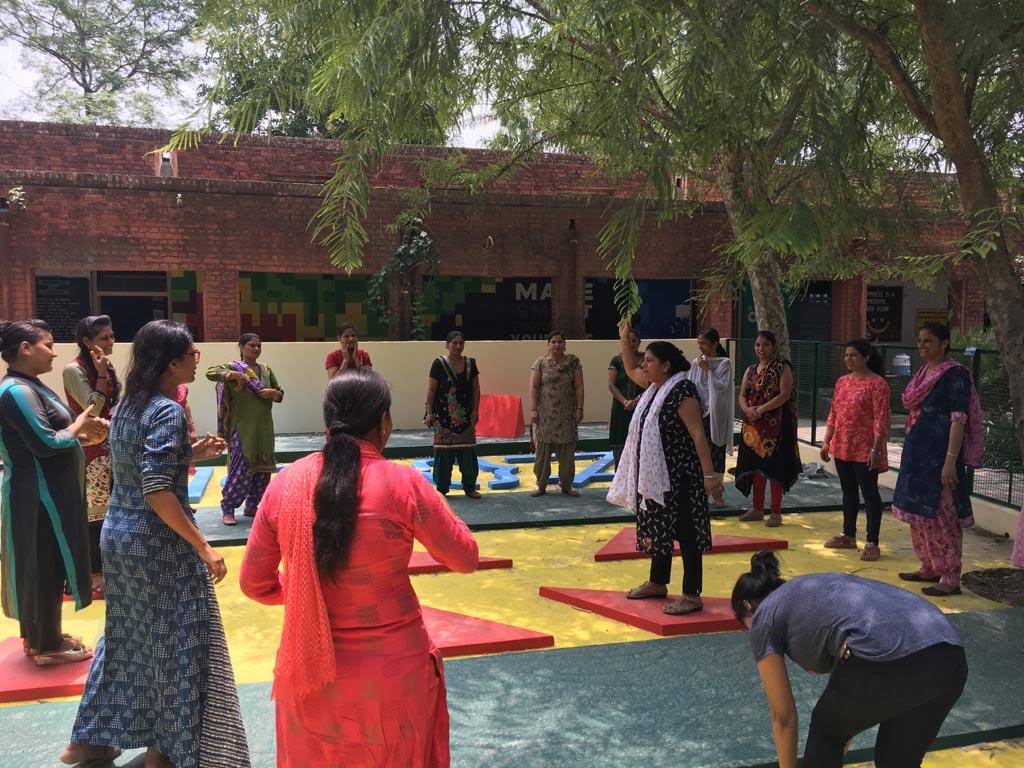
Innovation in education takes years to enter schools at scale, and millions of under resourced children are just not learning. Over 1.5 million school principals in India lack the knowledge, skills and mindset required to manage schools that prepare children for the 21st century.
Barefoot Edu's programme is a three-year school transformation aimed at making the schools 100 percent compliant with the NEP (direct implementation with low fee private schools) while focusing on five domains of school development: early childhood education, teaching and learning, leadership & management, co-curricular development and community engagement.
It also provides Incubators for school principals to amplify leadership delivered through self-learning modules with Principal App. Its intervention is delivered via online workshops, school coaching and peer learning circles.
DK Health Access Foundation
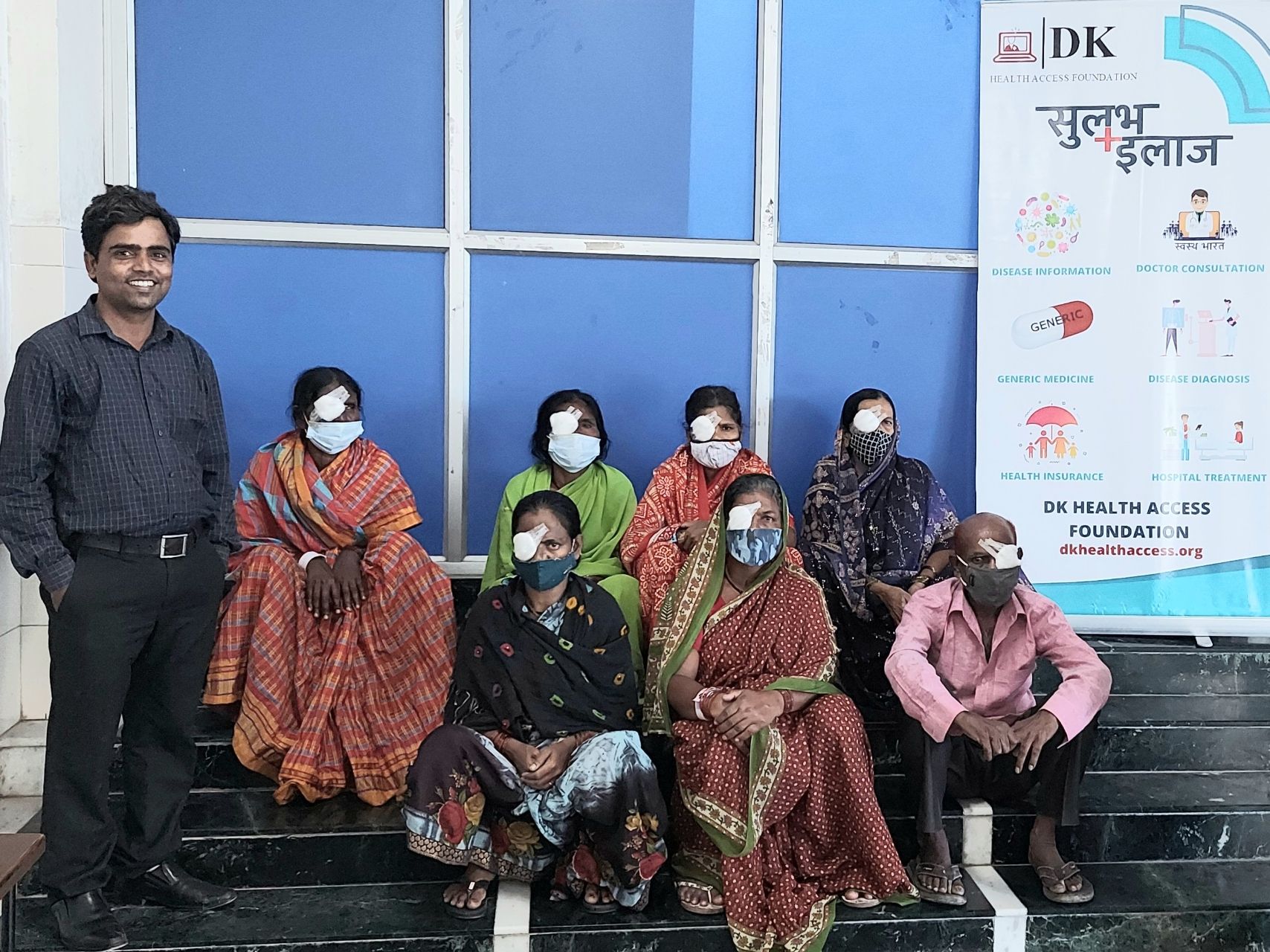
Around 600 million people in India fail to access healthcare services, and 63 million Indians live in poverty due to healthcare costs. While the government has created policies and schemes for universal health coverage, due to poor awareness, complicated processes, and the gap in understanding of benefactors' needs and offerings, many people struggle to get easy access to healthcare services they need.
DK Health Access's Foundation has created a web-based application called सुलभ इलाज (Sulabh Ilaaj) that analyses an individual's clinical and medical health data. It predicts the individual's health risk and provides access to appropriate healthcare services such as Doctor consultation, Screening, Diagnosis, Treatment, Medicine, Post Treatment Follow-up etc. through government, non-government and some private Schemes like PMJAY, MPJAY, Sanjeevani Telemedicine, Generic Medicine, Insurance scheme, unsecured Medical loan etc. The platform also ensures end-to-end coordination to ensure that the appropriate healthcare service is delivered to the beneficiary.
Fortify Health
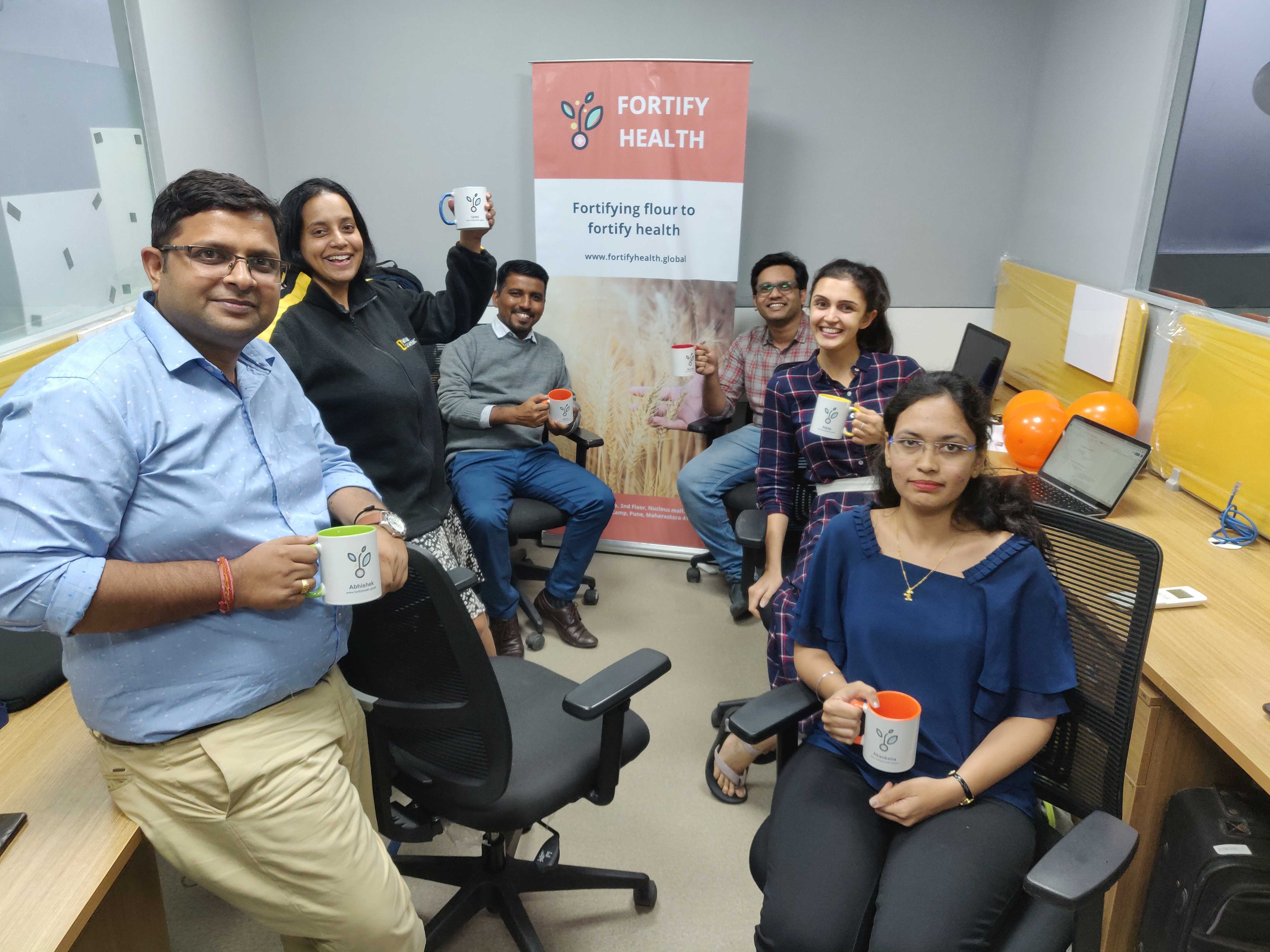
One-third of the two billion people who suffer from micronutrient deficiencies globally are in India, and most of them are women and children. Over 70 percent of the Indian population consumes micronutrients at less than 50 percent of the recommended daily allowance (RDA) in their daily diet, with far-reaching implications for health, educational outcomes, and future income.
Fortify Health focuses specifically on fortifying atta (flour) with iron, folic acid, and vitamin B12 to address the issue of iron deficiency, anemia. Fortify health employs a three-pronged approach :
- Cost-neutrally fortifying flour of open-market millers.
- Partnerships with division-level and state-level government offices support scheme and ecosystem development.
- Generating evidence for policy advocacy.
NETRI
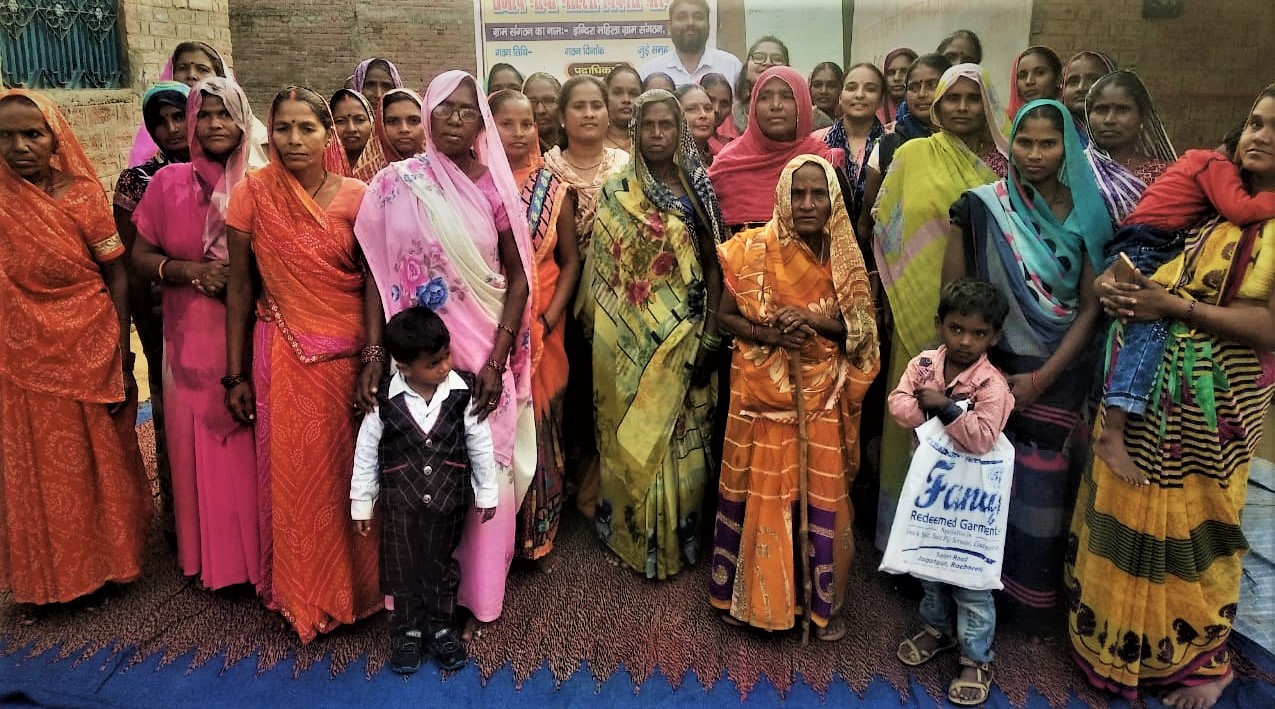
Women constitute at least 50 percent of the population but make only 14.3 percent in the parliament and cabinet positions and 9 percent in state legislative assemblies. This is despite 33 percent reservation at the local levels of government. Their ability to perform in political spheres is systematically stunted. Additionally, in the political ecosystem, women barely get important roles in political offices and not even in the emerging field of political management.
This lack of representation leads to women's issues not getting mainstreamed in policymaking and decisions about their lives being taken without their presence on the table. NETRI aims to solve this by starting India's first incubator for women in the political ecosystem. Set up on the core principles of - Capacity Building, Resource-Aggregation Platform, Mentorship and Community Building, the incubator will assist women in the running for elections, choosing supporting political careers as professionals, and starting their own political action units at the grassroots. NETRI also runs short term capacity and skill-building programs and an online resource platform to assist women in their political journeys.
Saturday Art Class
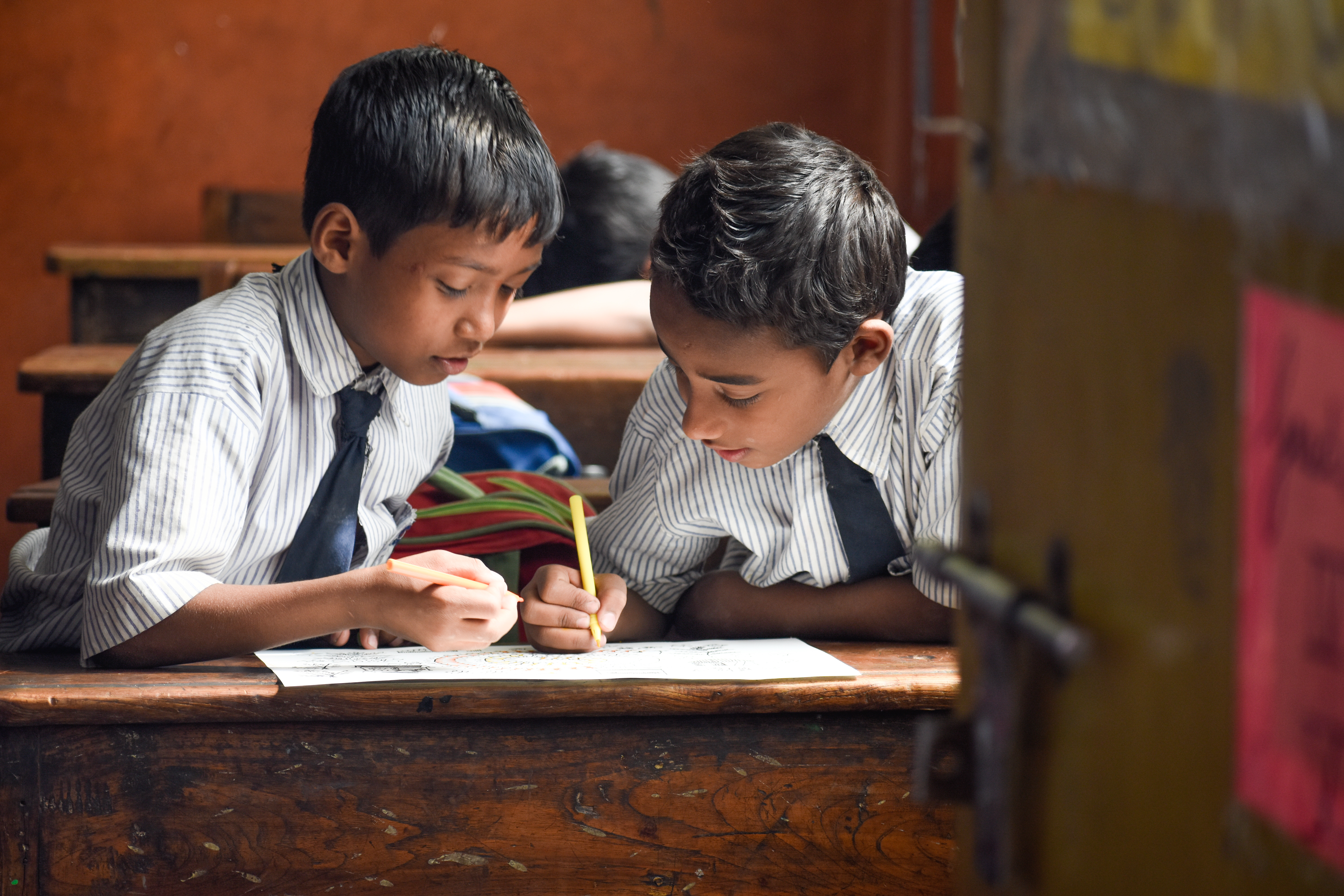
Millions of children from low-income communities lack the guidance to deal with multiple stressors in their environment (poverty, violence, unhealthy lifestyles, illnesses etc.). These children also lack wider exposure and do not have creative, safe spaces to express themselves.
School systems fail to appreciate social and emotional skills and their correlation with student performance, behaviour and lifelong outcomes. This lack of emphasis on critical social and emotional skills inhibits a child's personal and interpersonal development and prevents these children from succeeding and thriving.
Saturday Art Class works to embed SEL (through visual art) within the school curriculum. Saturday Art Class integrates social-emotional learning with creative exploration and expression into the classroom curriculum of schools that serve children from low-income communities. This would ensure that all children have a safe space to develop awareness, compassion and creativity irrespective of their backgrounds.
Svatanya
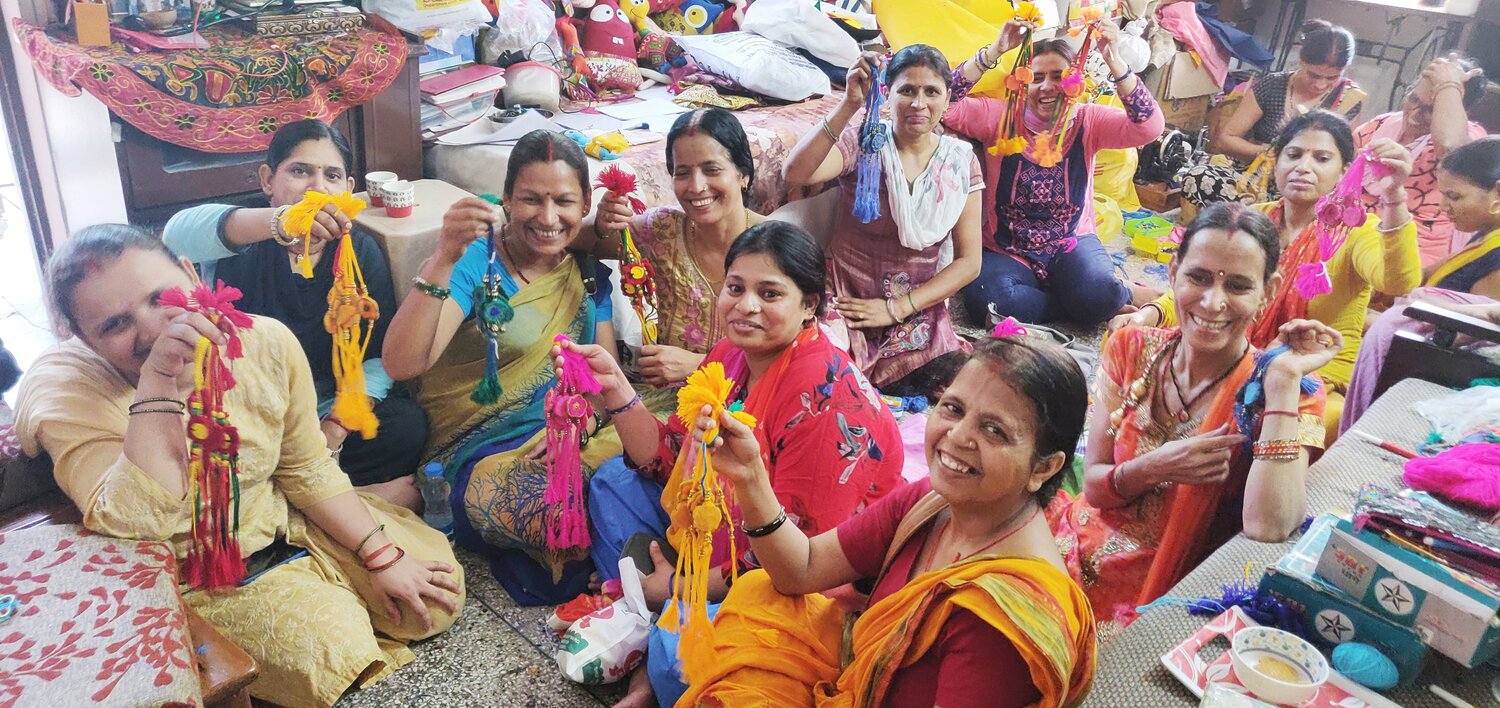
Svatanya addresses two different problems, lack of equal opportunities and financial independence of women and declining demand and interest for traditional crafts due to fast fashion and consumerism.
Svatanya India Foundation works with women from slums in Delhi to empower them through skilling. Helping them generate livelihood and upcycling to minimise waste and environmental impact.
Tisser Artisan Trust
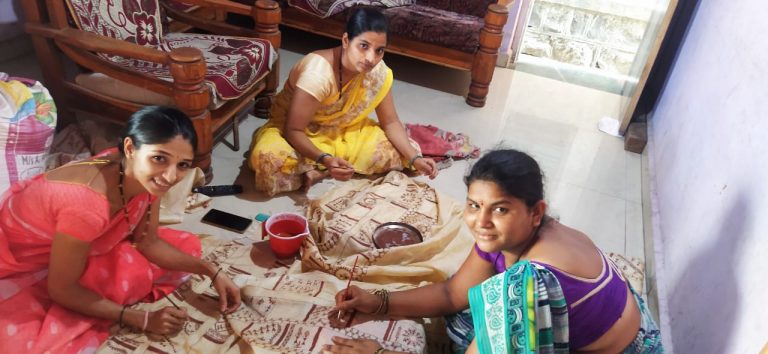
India has a very rich and diverse tradition in arts and crafts passed down from generation to generation by a large community of rural artisans and craftsmen. However, today, these artisans and craftsmen need support to improve their products and find and sell to markets that pay a fair price.
Tisser Trust works with women in artisan clusters, like Varli in Maharashtra and Madhubani in Bihar. They train groups of women for around 40-45 hours on the art on various mediums (drawing and painting with pencil, paint etc., on paper, clay, cloth, etc.), and then grade them based on ability. Then the women are formed into an FPO. Tisser gives them orders (say Varli art on a certain number of cushion covers), which the FPO breaks up between women based on their ability and time availability.
Where Are India's Children
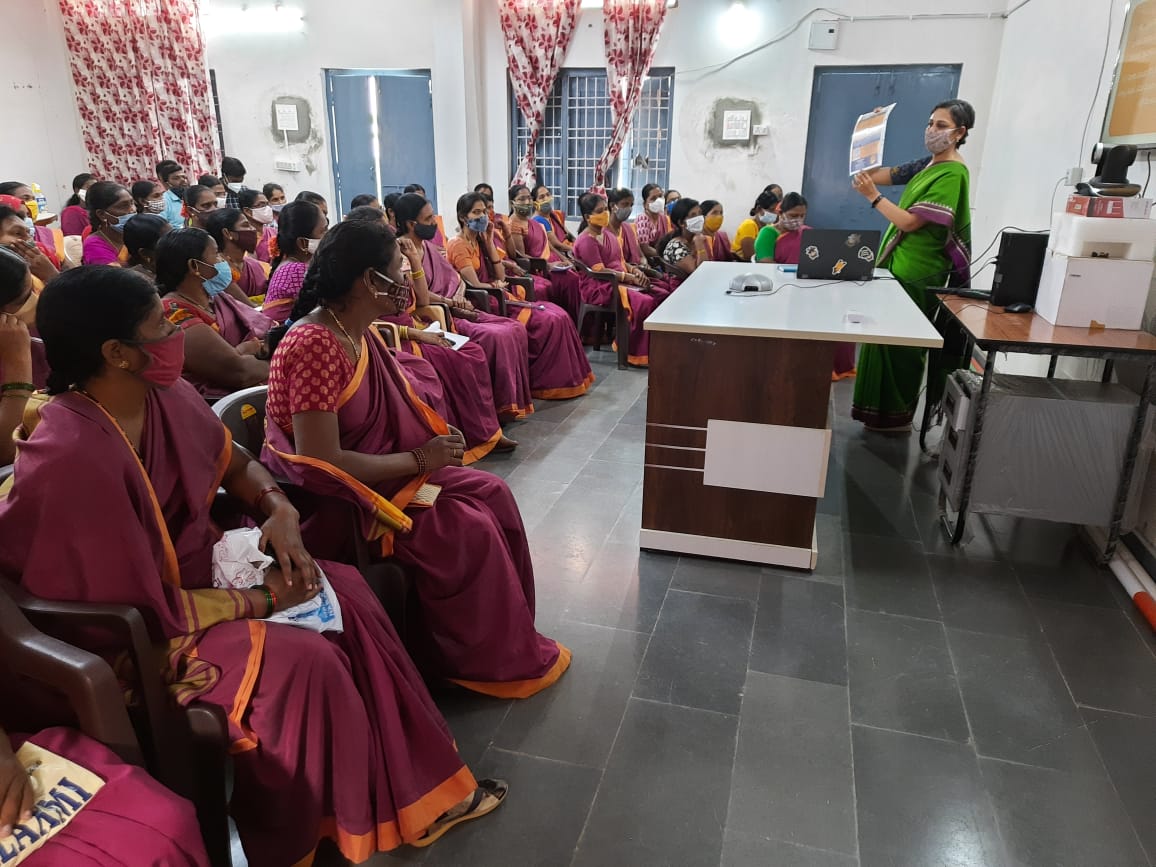
India has 30 million orphaned and abandoned children. Children in India's Child Care Institutions (CCIs) are about 0.4 million, yet the number of children nationally in the legal adoption pool at any point is barely 2000.
Where Are India's Children (WAIC) works towards bringing abandoned and orphaned children languishing in shelters into the legal adoption pool. They do this by providing technology (Child Lifecycle Management Solution) + ground support to Child Care Institutions (CCIs) and the government to ensure the movement of children in the adoption pool where applicable. The Child Lifecycle Management Solution digitises, manages, tracks, and audits ground-level processes among CCIs and relevant government bodies to manage the status of all vulnerable children who reach CCIs. It ensures the movement of children into the legal adoption pool where applicable, giving all children a chance to reach their forever family.
WAIC currently works in 3 districts in Maharashtra and 3 districts in Telangana.
With the pandemic's continued impact, India has been set back by a decade or more in the war against poverty. People collectively need to take action to facilitate India's development. The Logical Indian lauds the efforts taken by The/Nudge Foundation in sustainable poverty elimination by nudging and supporting committed and capable early stage founders to work on some of the toughest problems faced by India's poor.
This article is the second in the series of two articles. Click here to read the first article.
 All section
All section













